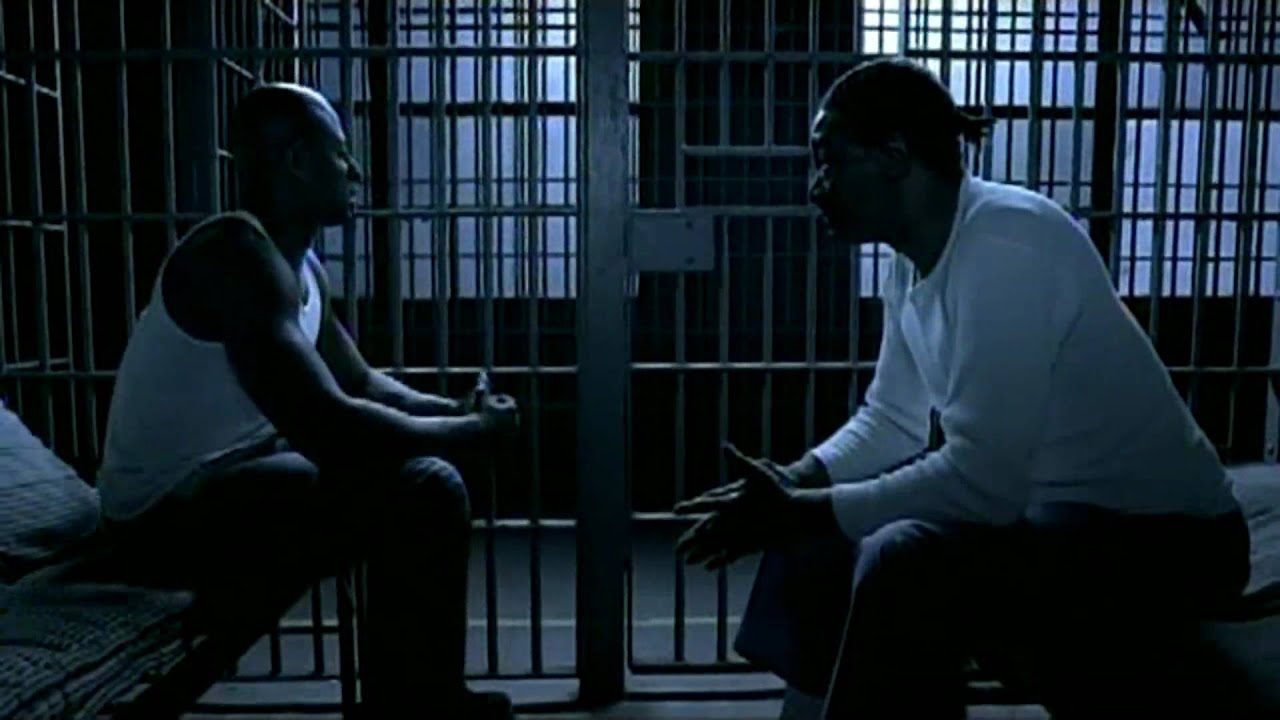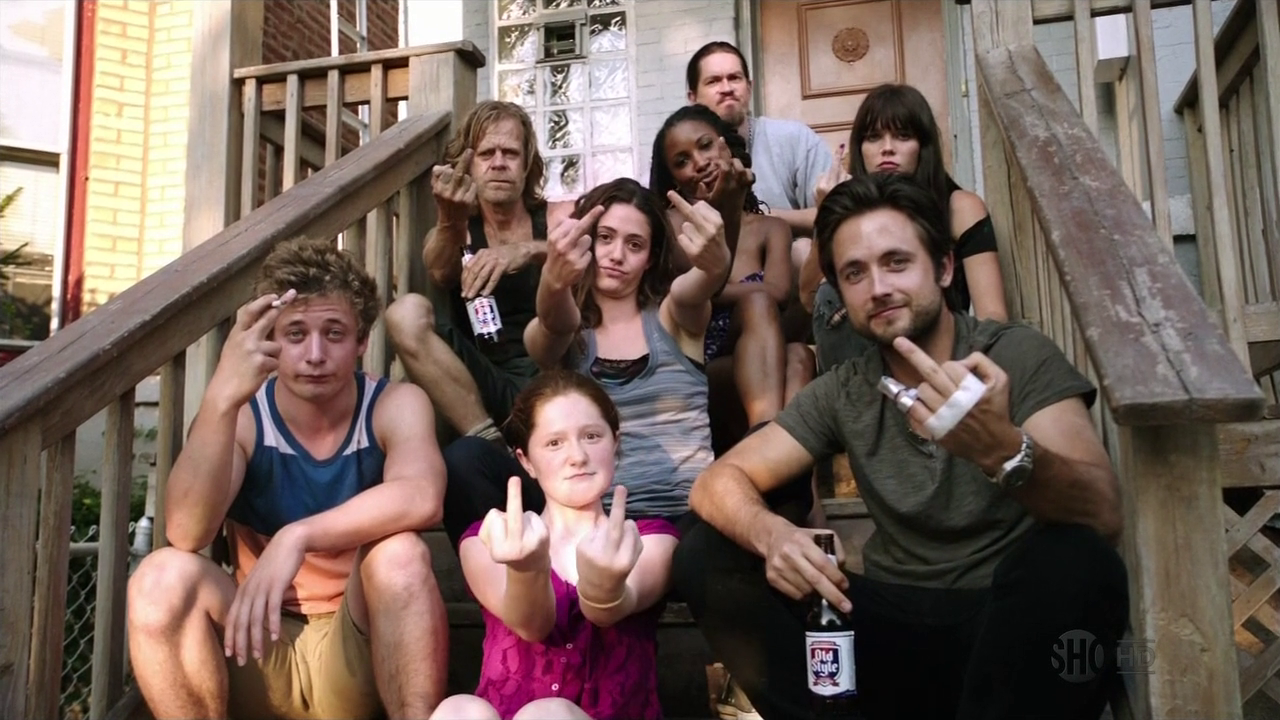
We’ve all heard it time and time again. Murder, robbery, drug dealing, and countless other crimes being spoken about in rap music. Crime and rap music undoubtedly have an intrinsic connection. But in a way, this is the beauty of the genre; it’s ability to shed light on what it’s like to grow up surrounded by crime and poverty. Of course not all rap music focuses on this, but it is impossible to ignore the key relationship between crime and rap music. A large percentage of the famous rappers of today and the past are heavily involved in illegal activities, usually due to growing up in an impoverished area. The ones who are not but pretend to be are frequently seen as less legitimate rappers. In a world where a song can serve as a confession, even to crimes as serious as murder, it begs the question: how real are these confessions in a court of law?
Rapper MF DOOM, a key player in the experimental and alternative hip hop genre, ponders the same question in his song “Rapp Snitch Knishes”. He seems almost baffled at the idea that rappers speak so much on crimes that they personally, as well as their labels, have been involved in. He expresses this directly in the chorus of the song saying: “Rap snitches, telling all their business. Sit in the court and be their own star witness ‘Do you see the perpetrator?’ Yeah, I’m right here. Fuck around, get the whole label sent up for years, uh”. He is calling out rappers for bragging and boasting about their criminal pursuits, highlighting the danger in exposing that kind of behavior so publicly.
There has been plenty of debate about whether or not rap lyrics should be used as evidence in court. In Maryland, a court just ruled that rap lyrics are an acceptable form of evidence. Other courts have argued the opposite, claiming that rap lyrics are not valid enough to be viewed as a true confession. Music at its core is a form of art and expression in which artists are typically free to touch upon any topics they like, with full creative liberty. There is no way of knowing which lyrics are true and which are not.
To me, it seems that to essentially criminalize song lyrics, especially when targeting a specific genre of music, is an unfair and unlawful form of obtaining evidence in criminal trials. I say let rap music be rap music, and let the “rap snitches” be “rap snitches”.








I agree that the criminalization of rap songs is unjust. As mentioned, rappers like to mention crimes in their songs that either themselves, friends, or any other acquaintances have committed. However, I think it is important to note that they also tend to exaggerate a little bit. For example, rapper, Lil Tecca, frequently talks about having weapons in his songs. In an interview with Genius, he was going over the lyrics of his song and when he came across a line discussing his possession of weapons he laughs and makes it clear that he has none. This is one of many examples of rappers bending the truth or simply lying about their actions or possessions. The exact reason why one’s artistic outlet alone should not be held against them.